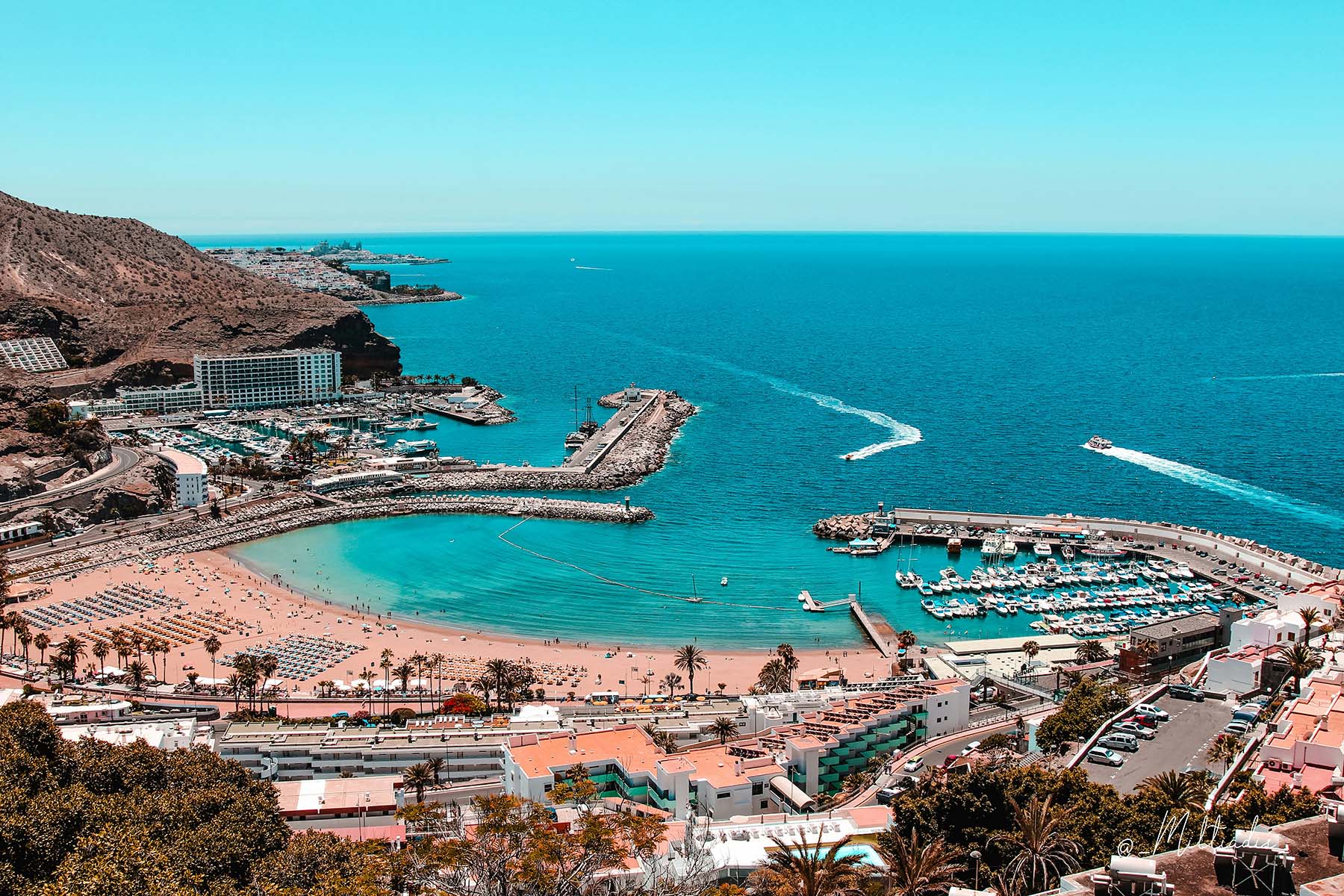Spain’s Tourism Protests Are Also About Affordable Housing

Skift Take

Skift Daily Briefing Podcast
Listen to the day’s top travel stories in under four minutes every weekday.Good morning from Skift. It’s Tuesday, April 30. Here’s what you need to know about the business of travel today.
Listen Now
🎧 Subscribe
Apple Podcasts | Spotify | Overcast | Google Podcasts | Amazon Podcasts
Episode Notes
One of China’s largest airlines, China Southern, is buying 100 domestically-built planes – the C919, produced by the state-owned Commercial Aircraft Corporation of China (COMAC).
The plane is considered an emerging competitor to Airbus’ A320 and the Boeing 737. And Airlines Editor Gordon Smith examines if other airlines will look to buy these Chinese-built aircraft.
Just last week, Air China signed a similar agreement with COMAC for 100 C919 jets. The bigger question is if international carriers will be tempted to buy.
Christian Scherer, the CEO of Airbus’ commercial aircraft division, has said the C919 “isn’t going to rock the boat.” However, one Boeing executive said the planemaker is factoring in competition from the C919 in its long-term forecast.
Next, TUI CEO Sebastian Ebel believes recent protests in the Canary Islands against mass tourism aren’t about the industry itself. He says residents are angry about a shortage of housing, writes Travel Experiences Reporter Jesse Chase-Lubitz.
Protestors are calling on authorities to limit tourist arrivals to ease pressure on the environment, infrastructure and housing supply. Chase-Lubitz notes many Canary Islands residents argue that mass tourism is pricing them out of their homes.
However, Ebel said the unregulated online booking platforms are the reason housing prices have gone up — not tourism as a whole. Ebel blamed individual trips, which include people booking local apartments, for causing more housing to be offered as holiday accommodation.
Finally, columnist Colin Nagy argues the ideals of luxury hospitality have been distorted so much that guests are struggling to understand reality: Great properties don’t get the attention they deserve, and others serve up superficial goods but fail to deliver. He looks at the problems and suggests ways to fix them.
Nagy cites the decline of travel media as one area of concern, noting he believes thoughtful, unbiased commentary on hotels is disappearing. He lists writers and publications worth reading. Nagy also writes that luxury offerings all look the same, and urges readers to support brands carving out unique spaces.
Producer/Presenter: Jose Marmolejos





